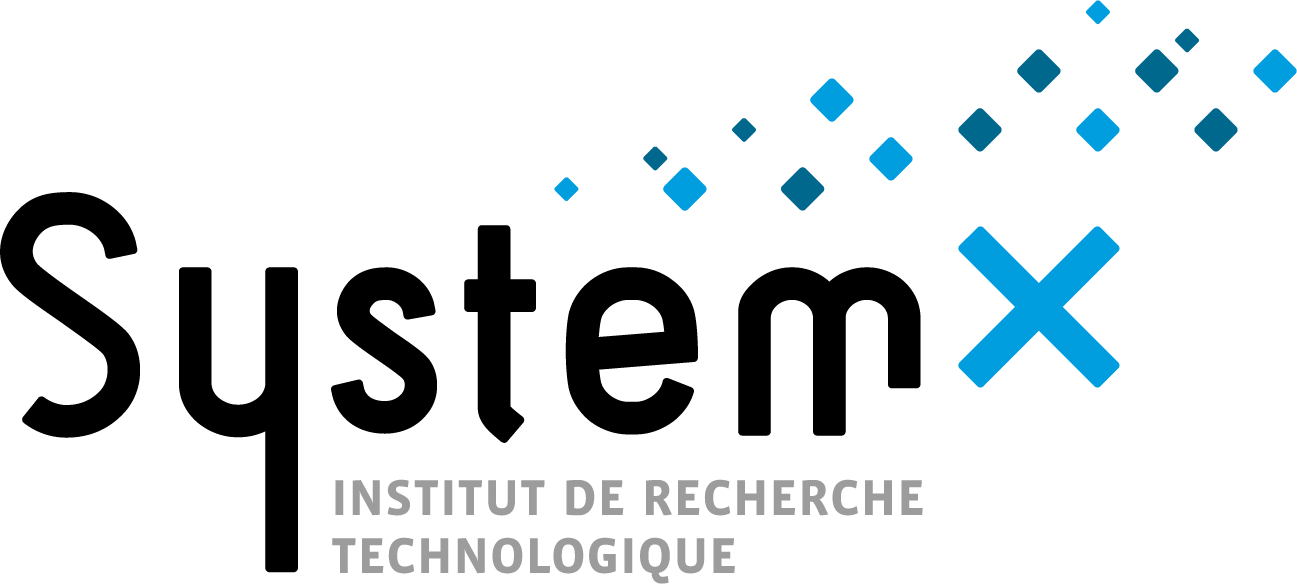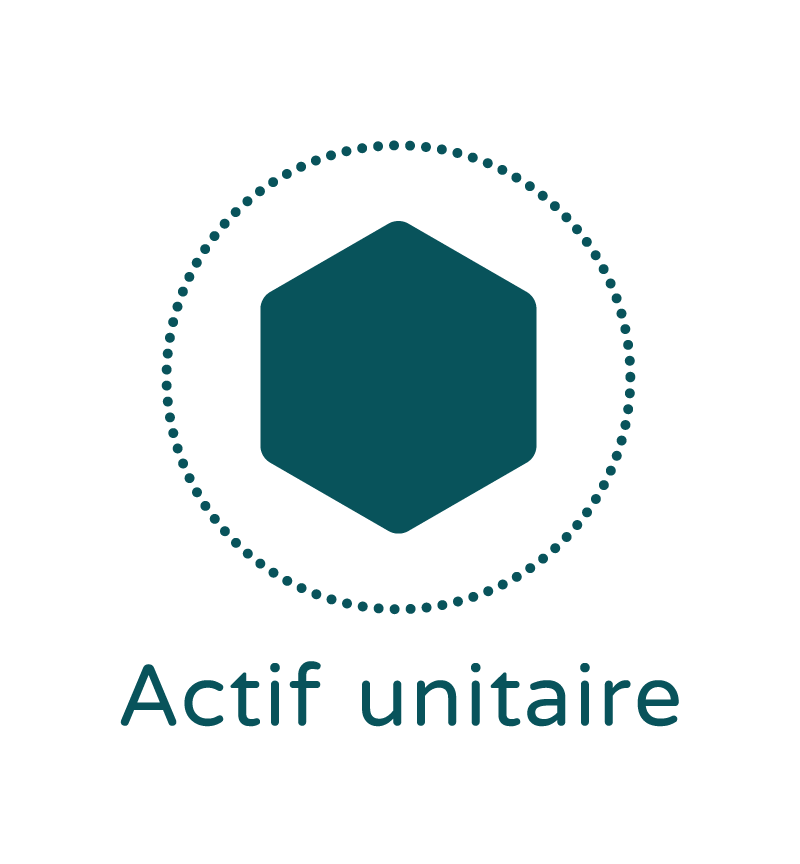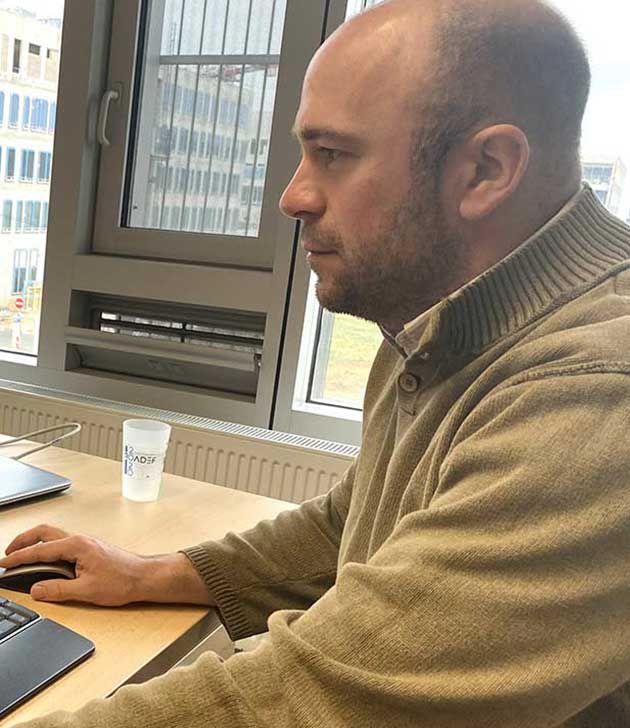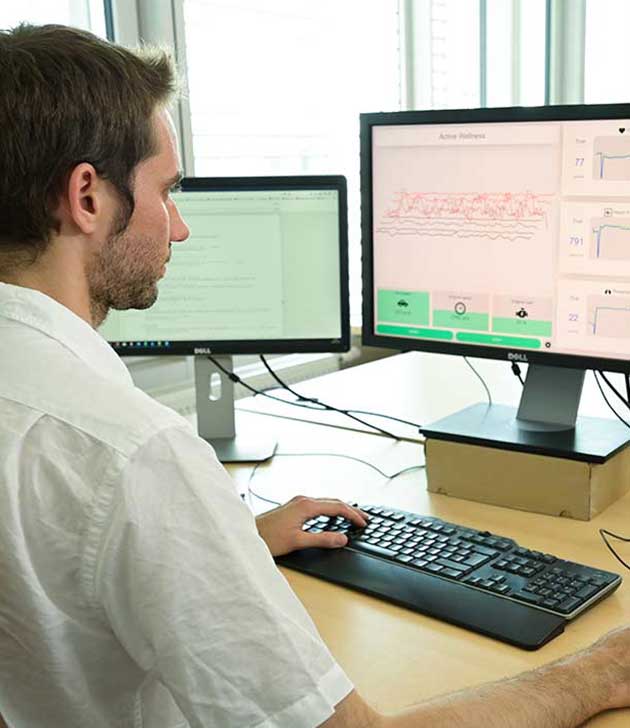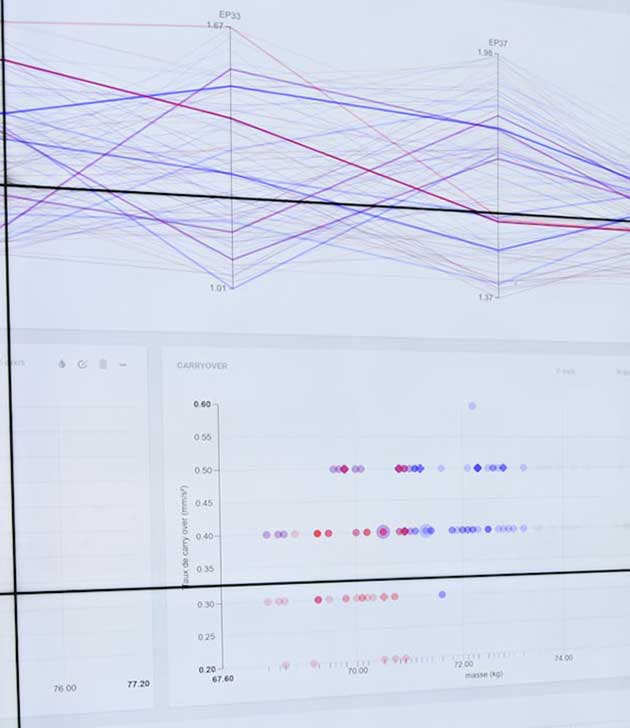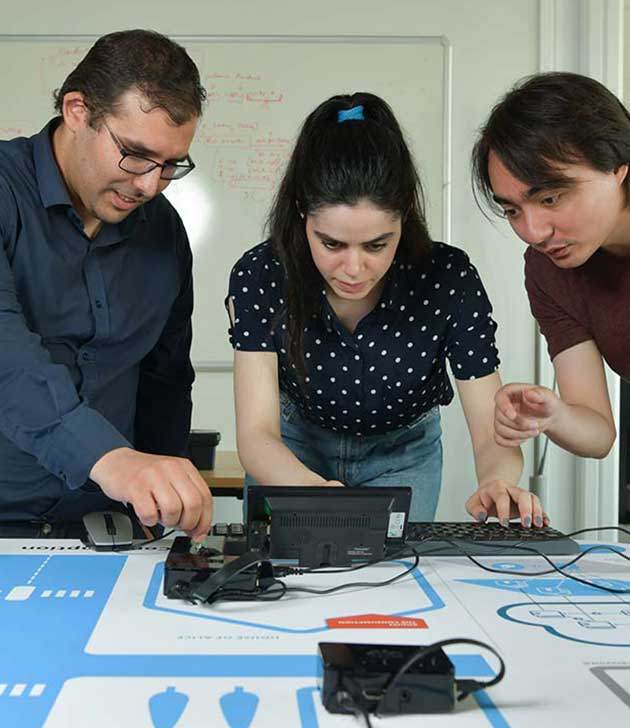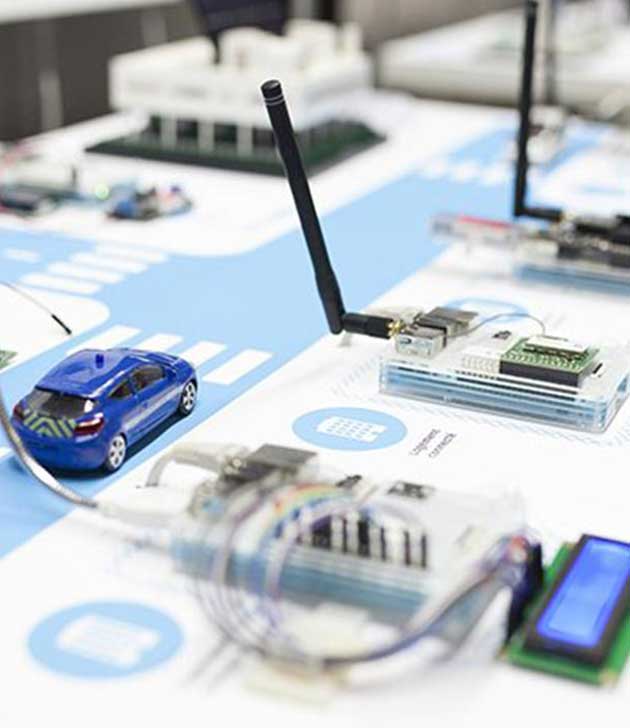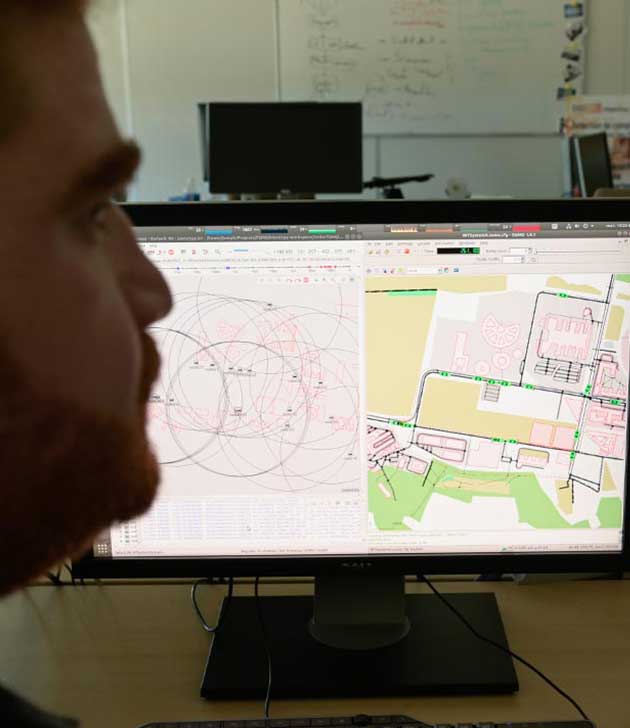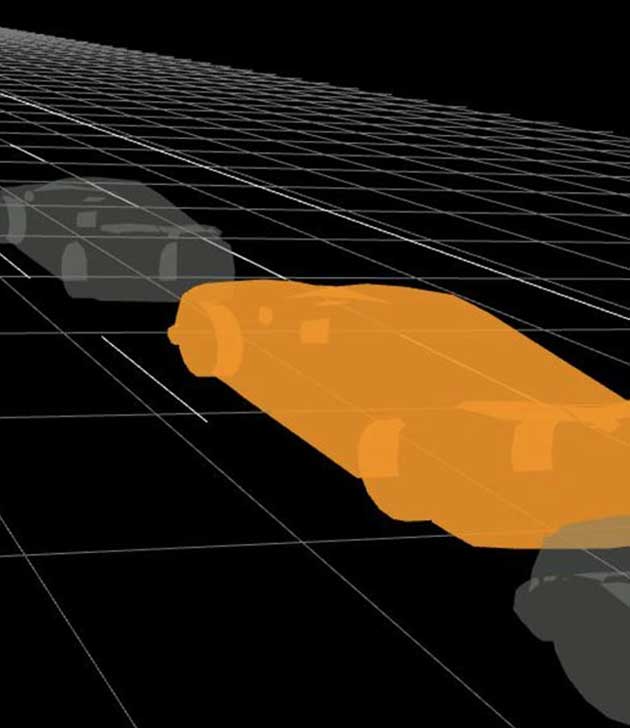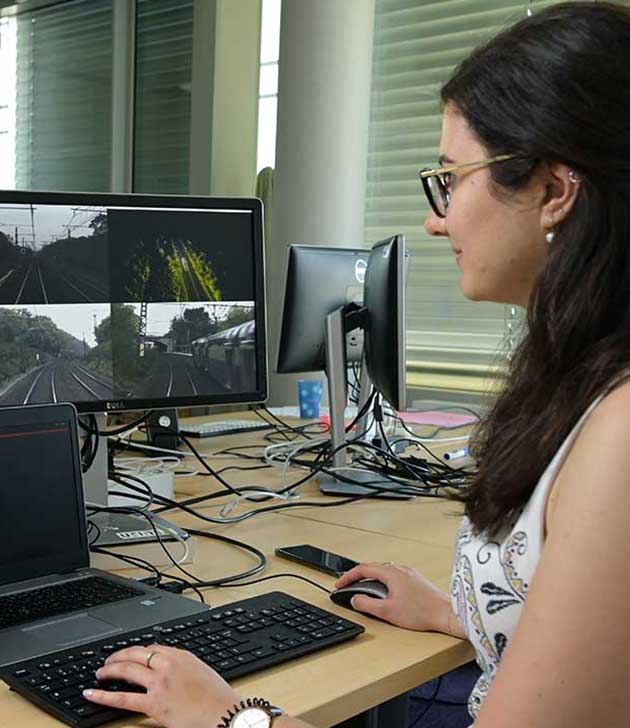SystemX provided support to Faurecia, a global player in the automotive industry, to improve its method of detecting biometric parameters of vehicle occupants using innovative artificial intelligence (AI) technologies.
Traditional biometric parameter detection solutions based on their worth in controlled environments (static. such as medical environments, for example) but are less effective when used in a disturbed and noisy environment, especially one that is in motion. The number of sources and the diversity of the types of disturbances present in a car interior make the search for solutions by signal processing complex. IRT SystemX therefore exploited AI technologies to offer an innovative alternative solution to Faurecia. Based on a principle of learning and adaptation, AI makes it possible to search for cases at the margin that cannot be dealt with by conventional deterministic solutions. The institute has developed a dual approach to analysing the performance and causes of malfunctioning of the classic solution operated by Faurecia, with a parallel exploration of machine learning-based solutions. This solution can currently be industrialised and integrated in real conditions on vehicles.
Interview

Ignacio ALVAREZ
R&D Director,
Faurecia
What was the purpose of your collaboration with SystemX?
We called on the institute to help us improve our method of detecting biometric parameters of vehicle occupants using artificial intelligence technologies. Outsourcing an activity with such strong technological potential is not easy for an industrialist. This first step enabled us to better target the orientation of the solution to be deployed and the skills required for its implementation.
What benefits did you derive from it?
SystemX provided us with end-to-end support: from the characterisation of our problem to the development of an industrialisable solution. The institute has the appropriate scientific and technological skills and the necessary capacities to conduct a multidisciplinary technological project and meet expectations of the industrial world. This know-how is rare! The institute has responded to our need by providing us with a prediction in particular by real time on the data while integrating embarkation constraints. Our collaboration has had two very strong impacts for Faurecia: the development of a solution that can be industrialised and the acquisition of enormous technological visibility on AI for embedded systems, thanks to the knowledge transfer we have received from the institute.
Focus
EngageAI
In order to accelerate the transfer of skills between academic research and industry around AI, the eight IRTs launched in 2018, within the framework of the FIT Association (French Institutes of Technology), the joint initiative EngageAI. Its ambition: to accelerate the use of artificial intelligence in industrial products and services for the benefit of business performance. The IRTs, by their respective positioning and their collective strike force, are able to address the development of AI and its multiple technologies to support the performance of each future sector of the French economy. At the FIT level, EngageAI represents five BoostAI-type support projects, 25 ImproveAI collaborative projects, and seven AdvanceAI initiatives.


